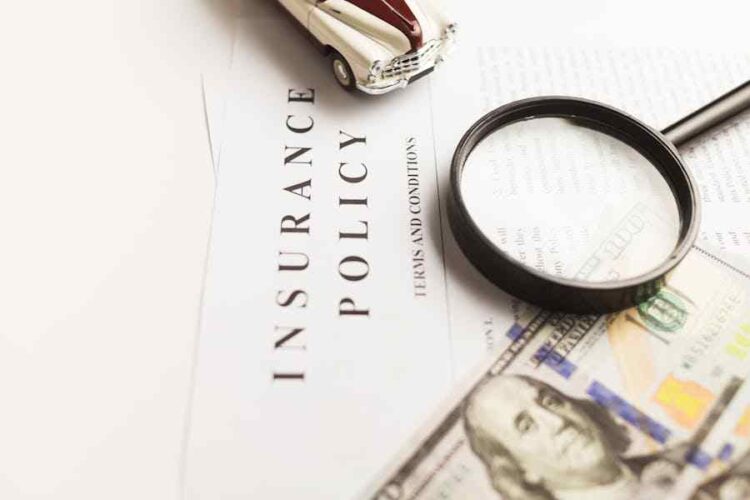Car accidents vary widely based on the crash’s severity and the injuries the parties involved sustained. But there are two general classifications: minor and major accidents.
The terms minor and major can be relative, but most accidents fall under the minor accident category, which doesn’t result in significant vehicle damage or injuries. Minor accidents, being the most prevalent, have contributed significantly to the evolution of personal injury laws and insurance policies.
This guide looks at the influence of minor accidents on auto accident laws and insurance policies, so keep reading to learn more.
Evolution Of No-Fault Insurance Policies
No-fault insurance became popular in the 70s and was seen as a solution to rising litigation costs, extended settlement durations, and the complexity of proving a case.
In the following years, the popularity of this system declined as it failed to address some of the issues states hoped it would solve. Today, twelve states and the Commonwealth of Puerto Rico still use this system, with some, such as New Jersey and Pennsylvania, allowing drivers to choose between traditional tort liability and no-fault liability.
The push towards a no-fault system can be attributed to minor accidents. The logic was that victims of minor accidents do not want to get into a lengthy and costly process as it would beat the purpose of seeking compensation in the first place. The system promised a quicker and less contentious way of resolving a claim.
Influence Of Minor Accidents On Insurance Underwriting
Insurers rely on data to assess general risk and determine premiums. As such, states with high accident rates tend to have higher premiums. Since minor accidents form the bulk of car accidents, their data becomes critical in determining risks in a specific geographical location and, ultimately, premiums.
They are also used to determine an individual’s risk rating. For example, if you have been involved in several minor accidents, they will impact your rating and could mean you pay higher premiums. The underlying cause of the accident can also greatly impact premiums. For example, if a DUI is a factor in a minor accident, it could result in an SR22 insurance requirement that can be relatively costlier than normal insurance.
What Is A Minor Accident?
As mentioned earlier, the definition of a minor accident can be relative. But in most cases, it refers to low-impact accidents that result in minimal vehicle damage. Most people struggle with the question of whether to hire or not to hire a lawyer after a seemingly minor car accident because they are not sure that the effort is worth it.
In most cases, it is because what you could assume is a minor accident to you may not be as minor in the legal sense and in light of the damages you suffer. For example, some minor accidents may not result in significant physical injuries but significantly affect your emotional and psychological well-being. Under such circumstances, the accident cannot be referred to as minor.
Get A Lawyer
The best way to determine whether an accident is minor or whether to involve a lawyer is by talking to one. It won’t cost you anything. Most personal injury lawyers offer free initial consultation, which is sufficient to determine your case’s worth.
You are not obligated to hire a lawyer after the initial consultation, so if you are not happy with one, you can always seek a second opinion. Also, you do not pay anything until you win your case and recover compensation, and you stand to recover so much more with a lawyer than without one.
Insurers tend to downplay seemingly minor accidents, and having a lawyer by your side can help you build a much stronger case under the circumstances.
In Sum…
The prevalence of minor car accidents keeps shaping the landscape of law and insurance. Those seemingly inconsequential fender benders are foundational in sculpting policies that affect millions, from no-fault insurance adaptations to individual premium adjustments (a reflection of risk calculated by insurers). It’s a reminder that even the smallest events can ripple through an entire system, altering the course of legal and financial protocols.
Remember, consultation with legal professionals stands as a prudent step following any vehicular incident. The value of such advice could be monumental, tipping the scales in your favor when navigating through murky insurance claims or potential legal proceedings.










